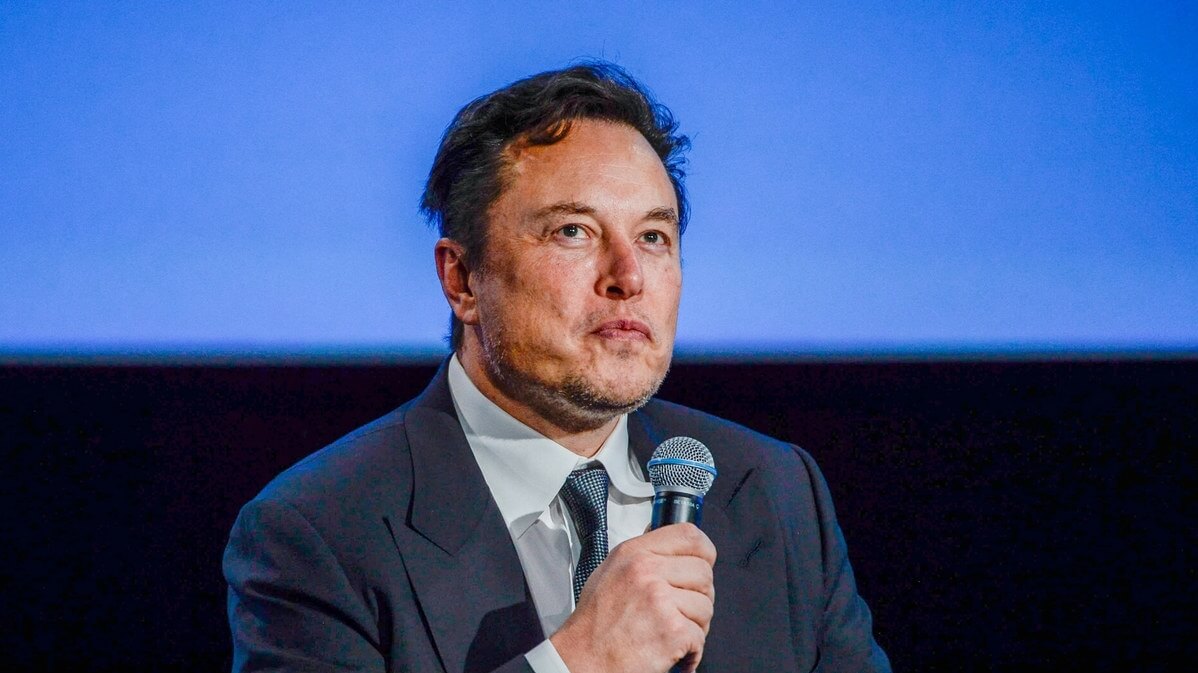Ukrainian Intel: Russians Employing SpaceX's Starlink, Musk Denies Collaboration
Estimated reading time: 2 minutes
Ukrainian military intelligence reveals Russians using SpaceX's Starlink terminals in Ukraine conflict. Elon Musk refutes collaboration claims, denies selling to Russia.

Russian forces have strategically incorporated SpaceX's Starlink satellite system into their operations on the Ukrainian frontlines, according to recent disclosures by Ukrainian military intelligence.
While these revelations shed light on Russia's sophisticated utilization of modern technology in conflict zones, SpaceX CEO Elon Musk vehemently denies any collaboration with the Kremlin, dismissing allegations of Starlink terminal sales to Russia as baseless.
Reports emerging from Russian media outlets suggest a notable increase in the use of Starlink telecommunications terminals by Russian forces amid the ongoing strife in Ukraine. Ukrainian authorities have officially confirmed these reports, marking a significant acknowledgement of Russia's technological adaptation in military endeavors. Elon Musk, at the helm of SpaceX, has weighed in on the discourse, countering claims of any involvement with Russian military interests.
Russians employing SpaceX's Starlink
Andriy Yushov, spokesperson for Ukrainian military intelligence, underscored the systematic integration of Starlink terminals by Russian occupiers, suggesting a shift towards a systemic reliance on this technology. Intercepted communications reveal discussions among Russian operatives regarding the configuration and deployment of Starlink terminals, implicating their use by units such as the 83rd Air Assault Brigade in combat zones like Donetsk.
Despite mounting evidence and official statements from Ukrainian intelligence, the Kremlin has remained conspicuously silent on the matter, refraining from offering any comment or clarification regarding the reported use of Starlink technology by Russian military forces.
Elon Musk's response to the allegations came through a statement posted on the X portal, where he categorically refuted claims of SpaceX's involvement in selling Starlink terminals to Russia. Musk emphasized the misinformation circulating around the issue and affirmed that, to the best of SpaceX's knowledge, no Starlink terminals have been sold directly or indirectly to Russian entities.
The juxtaposition of these contrasting narratives underscores the complexities surrounding the intersection of technology, geopolitics, and military strategy in contemporary conflicts. As the conflict in Ukraine continues to evolve, the role of technological innovations like Starlink in shaping the dynamics of modern warfare remains a topic of considerable debate and scrutiny on the global stage.



